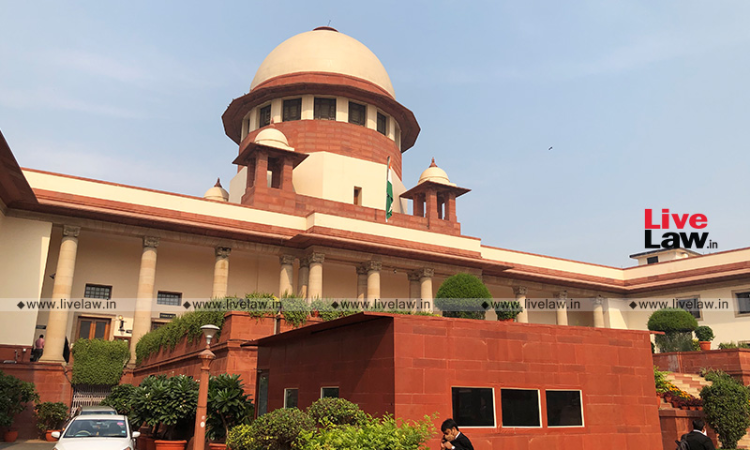Conviction With Aid Of Section 149 IPC Unsustainable When Co-Accused Are Acquitted Making Membership Of 'Unlawful Assembly' Less Than 5 And There Are No Unidentified Accused : Supreme Court
Shruti Kakkar
14 Jan 2022 12:29 PM IST

Next Story
14 Jan 2022 12:29 PM IST
